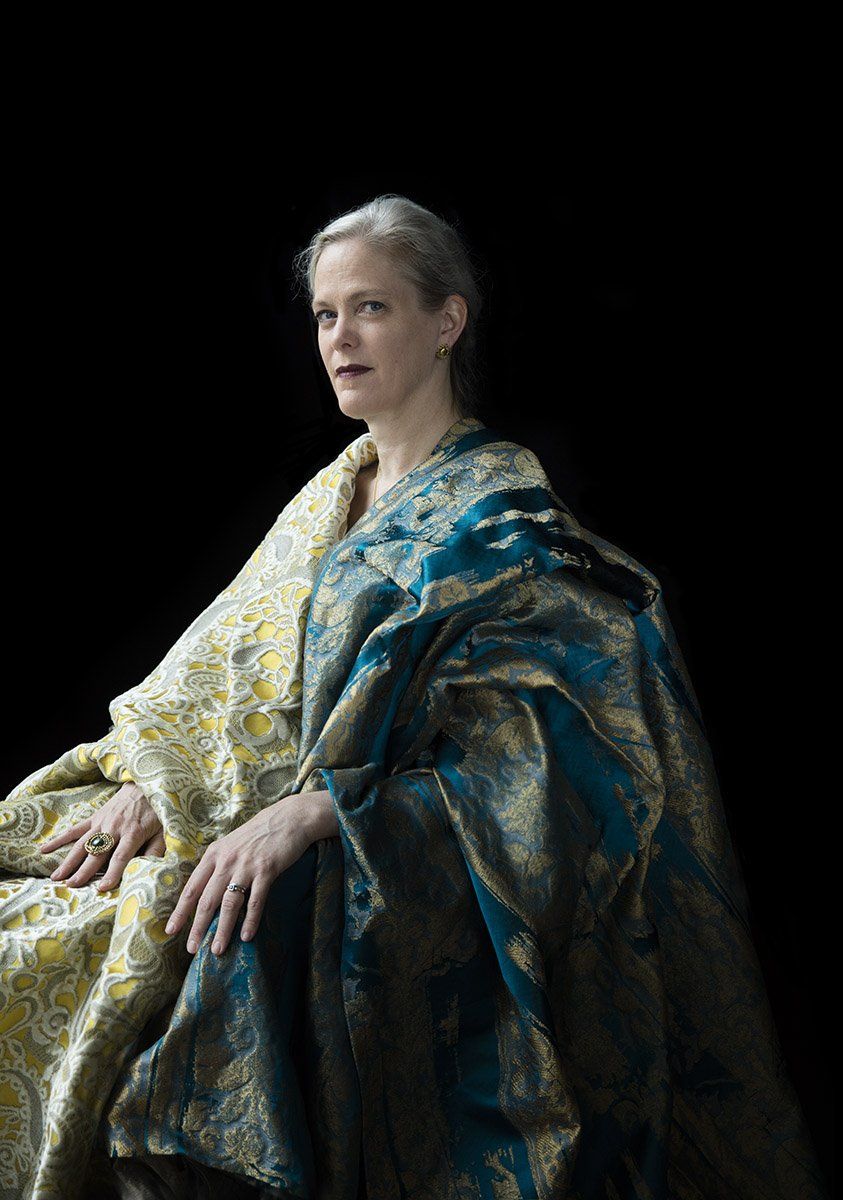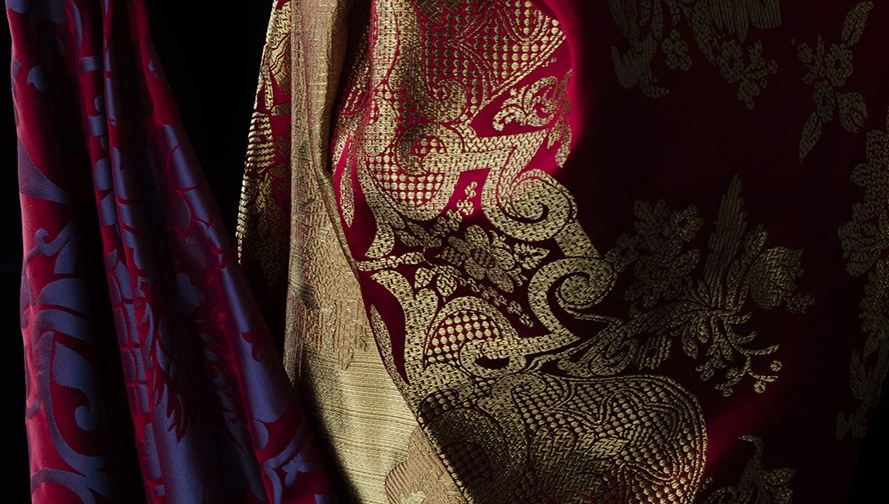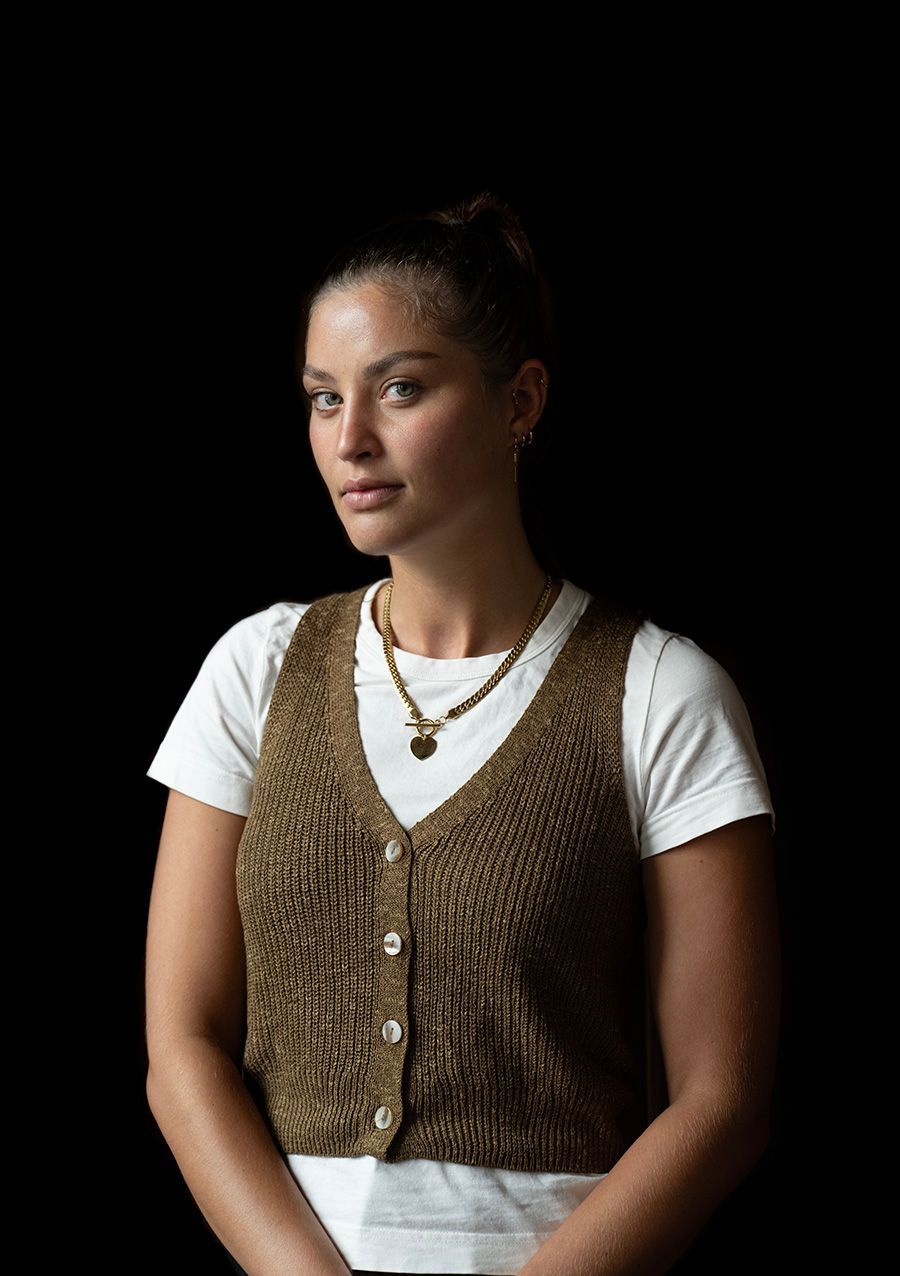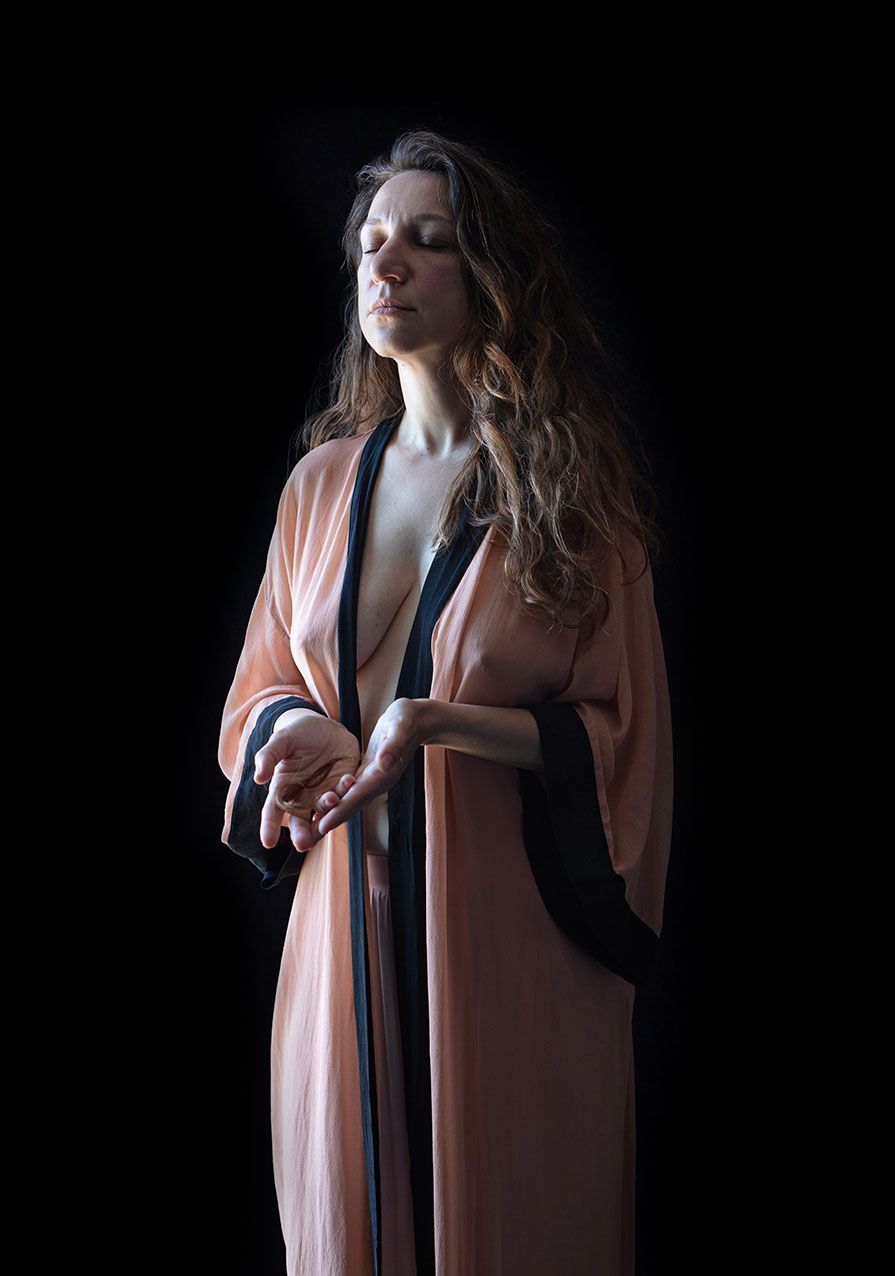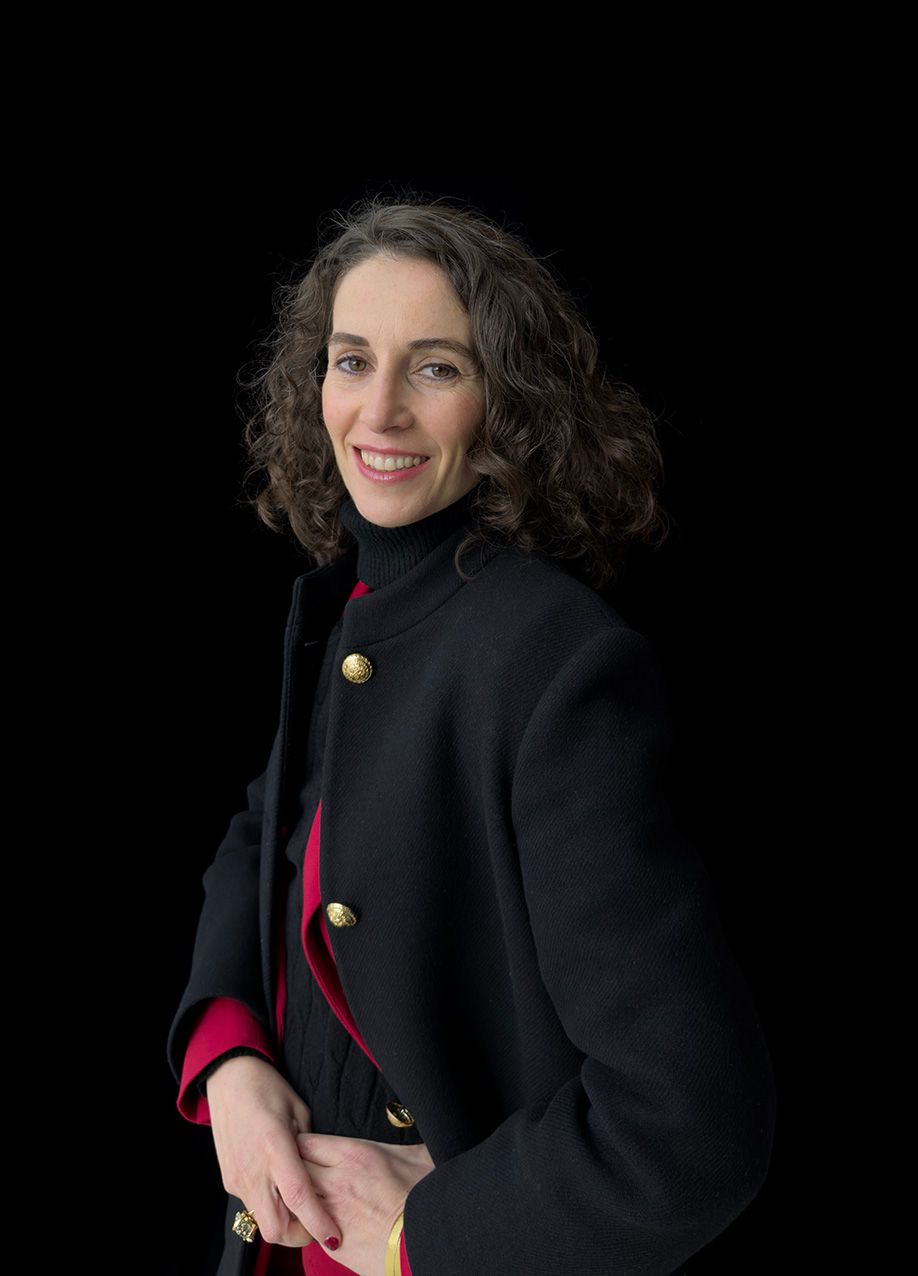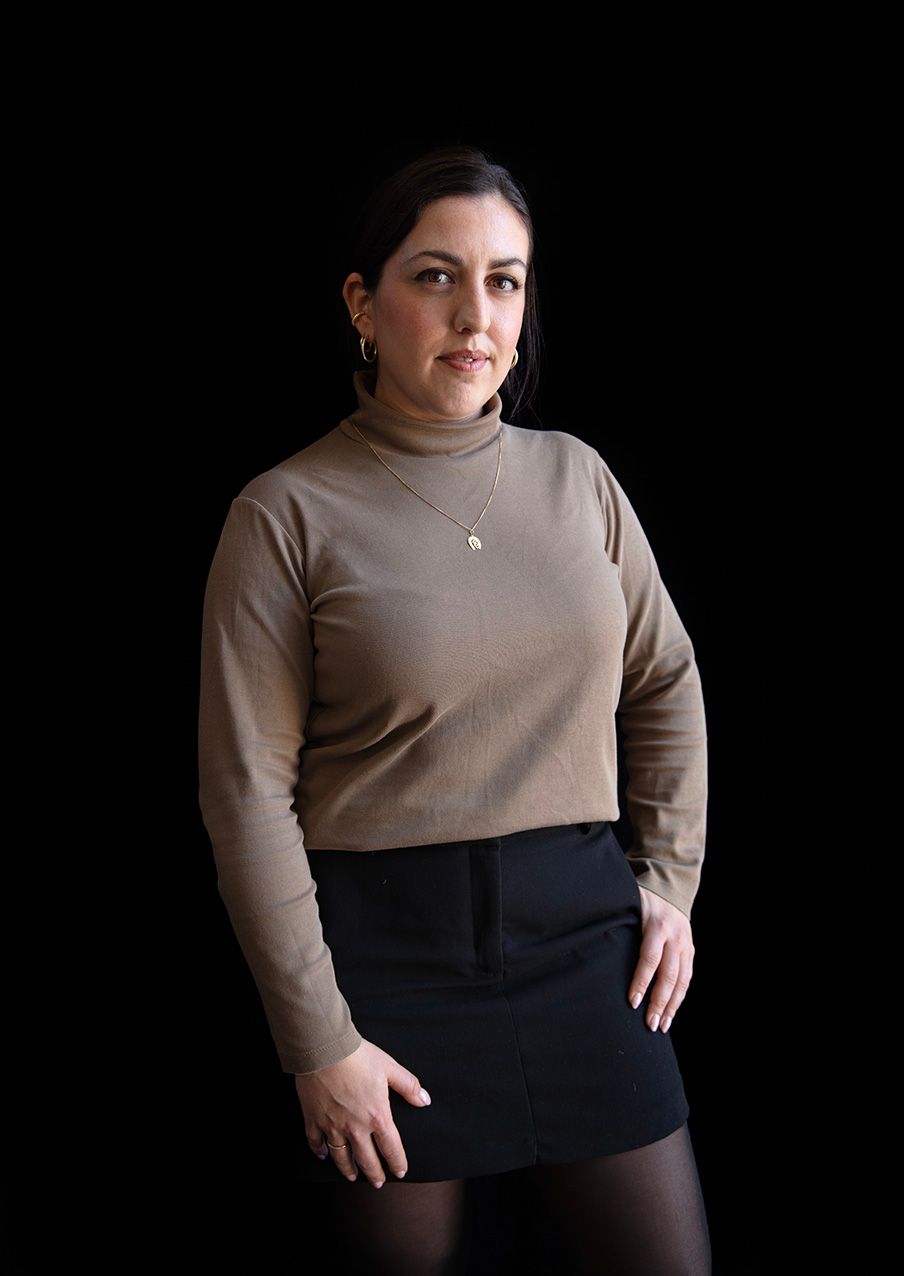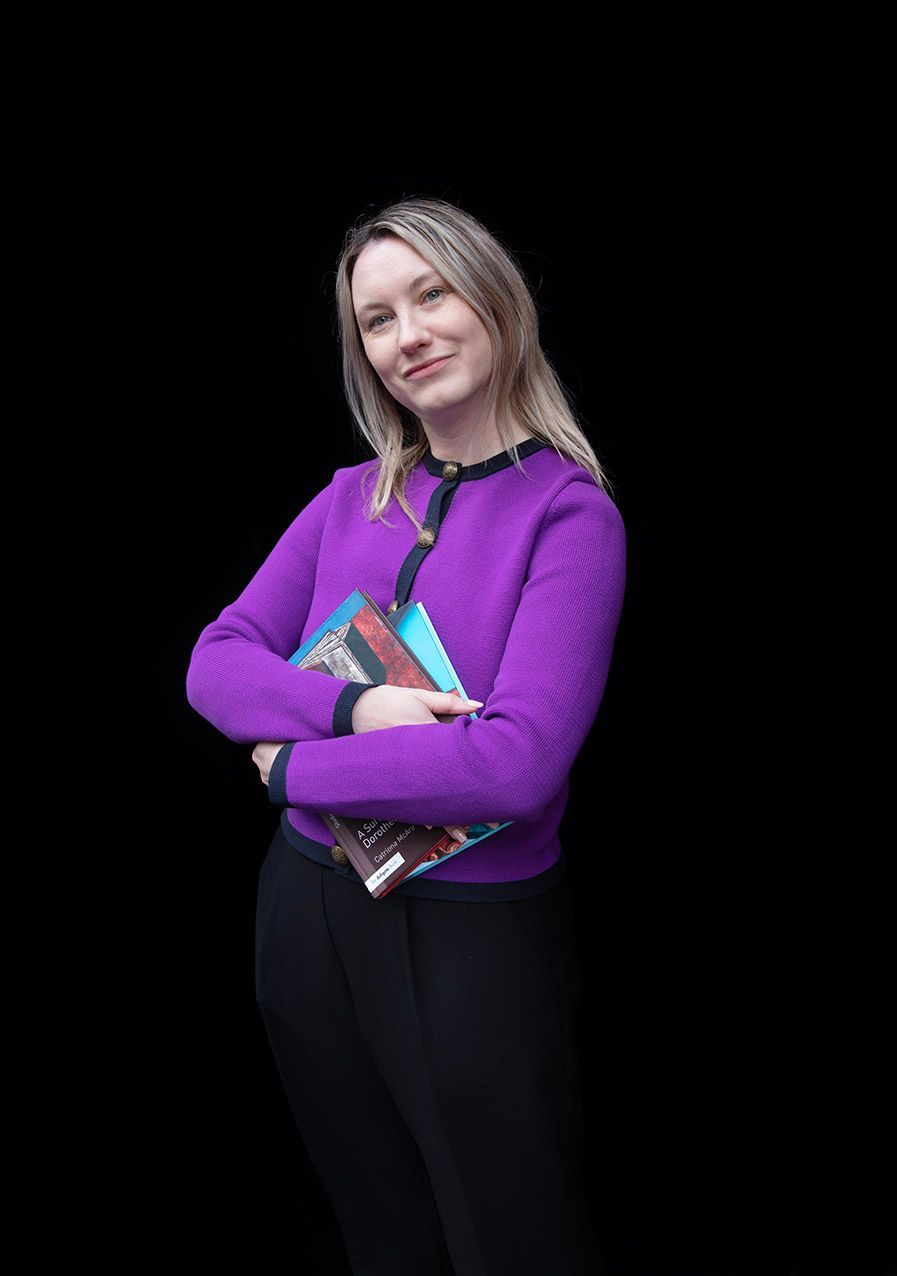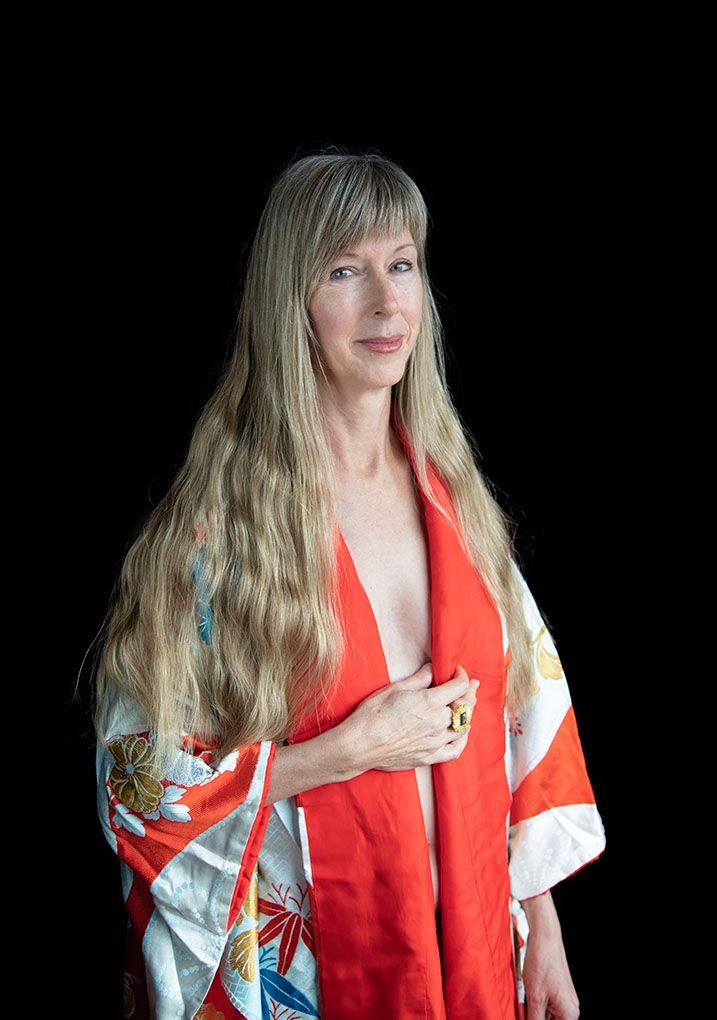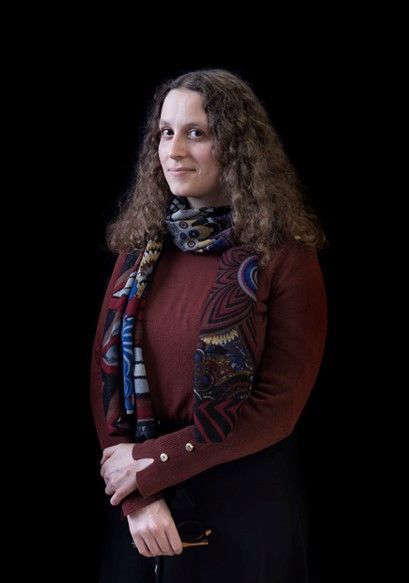Female Voices in Art: Diana Scarisbrick, Jewellery Historian, Author
"I don’t think women can complain today about a glass ceiling: they seem to have succeeded as museum directors and curators, as teachers and scholars, as publishers and dealers. None have emerged as a critic in the Brian Sewell mould, nor are there many women collectors following the example of Isabella d’Este and the Comtesse de Béhague."
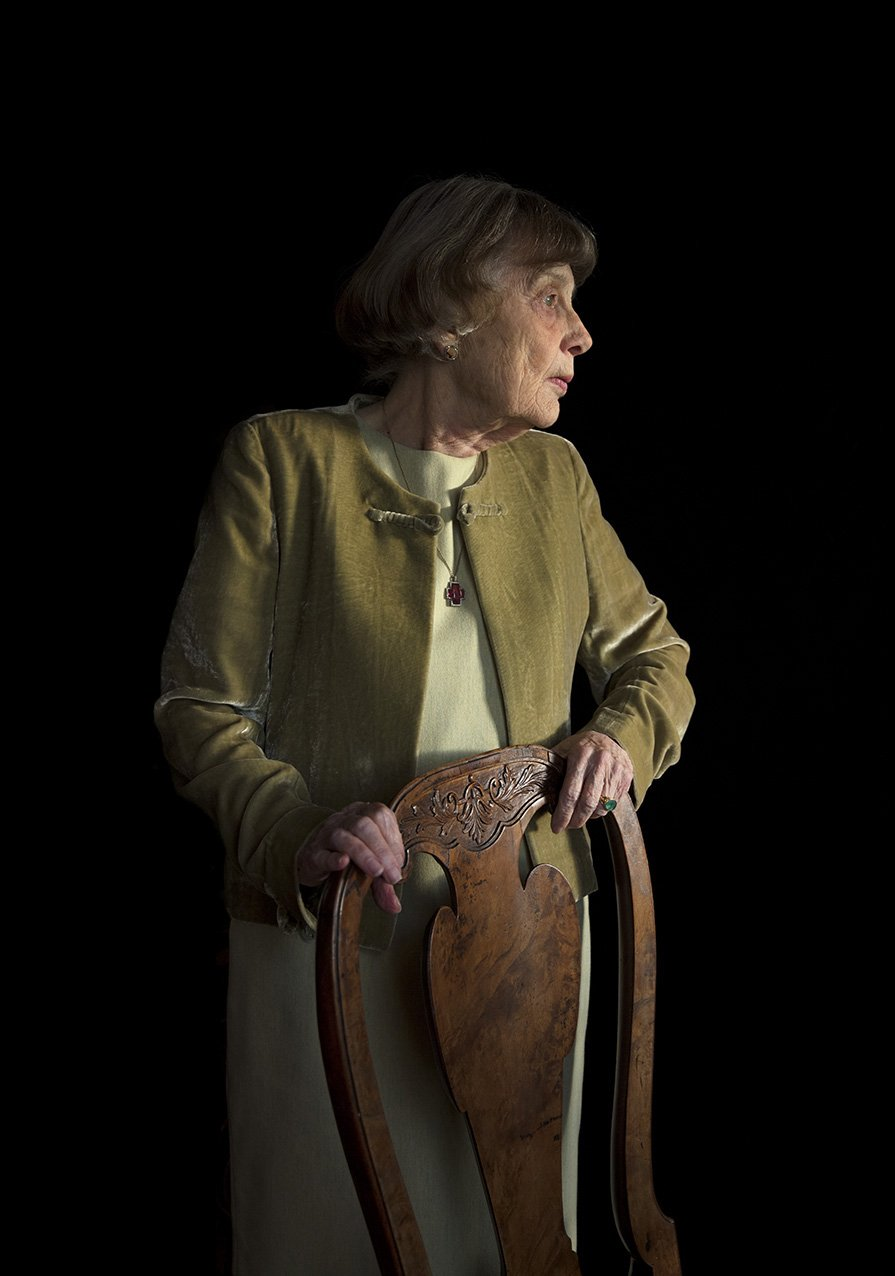
Diana Scarisbrick, MA, FSA (b. 1928, Echuca, Australia) studied at Oxford University (1947-1950). She enjoys using her training as a historian to explain the cultural, social and political significance of jewellery and engraved gems. Over a 50-year career, she has written over 20 books and catalogues, including Rings: Jewelry of Power, Love and Loyalty and Portrait Jewels: Opulence and Intimacy from the Medici to the Romanovs , as well as mounting exhibitions at home and abroad, and engagements with museums, auctioneers, collectors and the Parisian jeweller, Chaumet, for whom she wrote the monograph.
Could you tell us something about your role in the art world?
I enjoy the freedom to continue working at an advanced age. Present projects include the biography of Margaret de Flahaut (1788 – 1867), a Scottish heiress who married a Napoleonic general, and lived at the centre of British and French political and cultural life in a period of great change. As a Research Associate of the Beazley Archive in Oxford I collaborate with Professor Sir John Boardman on catalogues of ancestral British collections of engraved gems, most recent being ‘The Beverley Gems’ (2016) for the Duke of Northumberland. I am also writing a history of diamond jewellery from 1360 to the present, and the catalogue of a private collection of 300 rings. I’m proudest of having, on behalf of S.J. Phillips, traced the provenance of a Book of Hours to a purchase by François I in 1538, and which has recently been acquired by the Louvre. In spite of the many obstacles, I have learnt how to turn my independence to advantage and hope my example of starting a career in the art world late in life will be followed by other ‘outsiders’.
What did you enjoy about being a part of this project?
The session with Carla made me feel like one of Sir Joshua Reynold’s sitters, for she engaged me in an interesting conversation and I was fascinated by her professionalism – her study of the light, the experimenting with different poses, the exemplary patience. Thomas Carlyle declared that he could learn more about a person from a portrait than from one hundred books, and in my case Carla certainly seems to have captured the continuing quest for knowledge which enthrals me!
Do you have a favourite artist?
Giovanni Bellini
What is your earliest memory involving art?
Aged 9, I was impressed by the monument to T.E. Lawrence (of Arabia, died 1935) by Eric Kennington in the Anglo-Saxon church of St. Martin in Wareham, Dorset.
Do you have any special thoughts about the position of women in the art world?
I don’t think women can complain today about a glass ceiling: they seem to have succeeded as museum directors and curators, as teachers and scholars, as publishers and dealers. None have emerged as a critic in the Brian Sewell mould, nor are there many women collectors following the example of Isabella d’Este and the Comtesse de Béhague. Barbara Johnson spent a fortune on works of art but seems to have bought them to make a profit. The exception today is an anonymous enthusiast for medieval works of art, which she combines with an interest in contemporary painting, and I have not encountered any other similarly dedicated women.
What are you wearing, and is there a story behind it?
There is nothing much to say about my spinel cross except that it is faceted both front and back, and bordered by rose diamonds which enhance the rich colour. It is 18th century in date, with provenance to the German princely family of Lichtenstein. The dress and jacket were bought in Paris some time ago. I think most jewellery looks good on green.
What impact has the current health crisis on your daily practice?
Being confined to my home for so many weeks free from outside distractions has given me more time to concentrate on publications and answering queries. Since libraries were inaccessible I have had to rely on my own books and documentation and thus discovered that on my shelves there was lots of information I had forgotten I had.
Is it changing your views on Art?
No, except it has made me even more aware of how an interest in art gives a purpose in life, so that one is never bored, since there is always something to discover and learn about. i.e. never a dull moment.
Are you creating new initiatives and ways of working?
No, I’m too old to change my method!
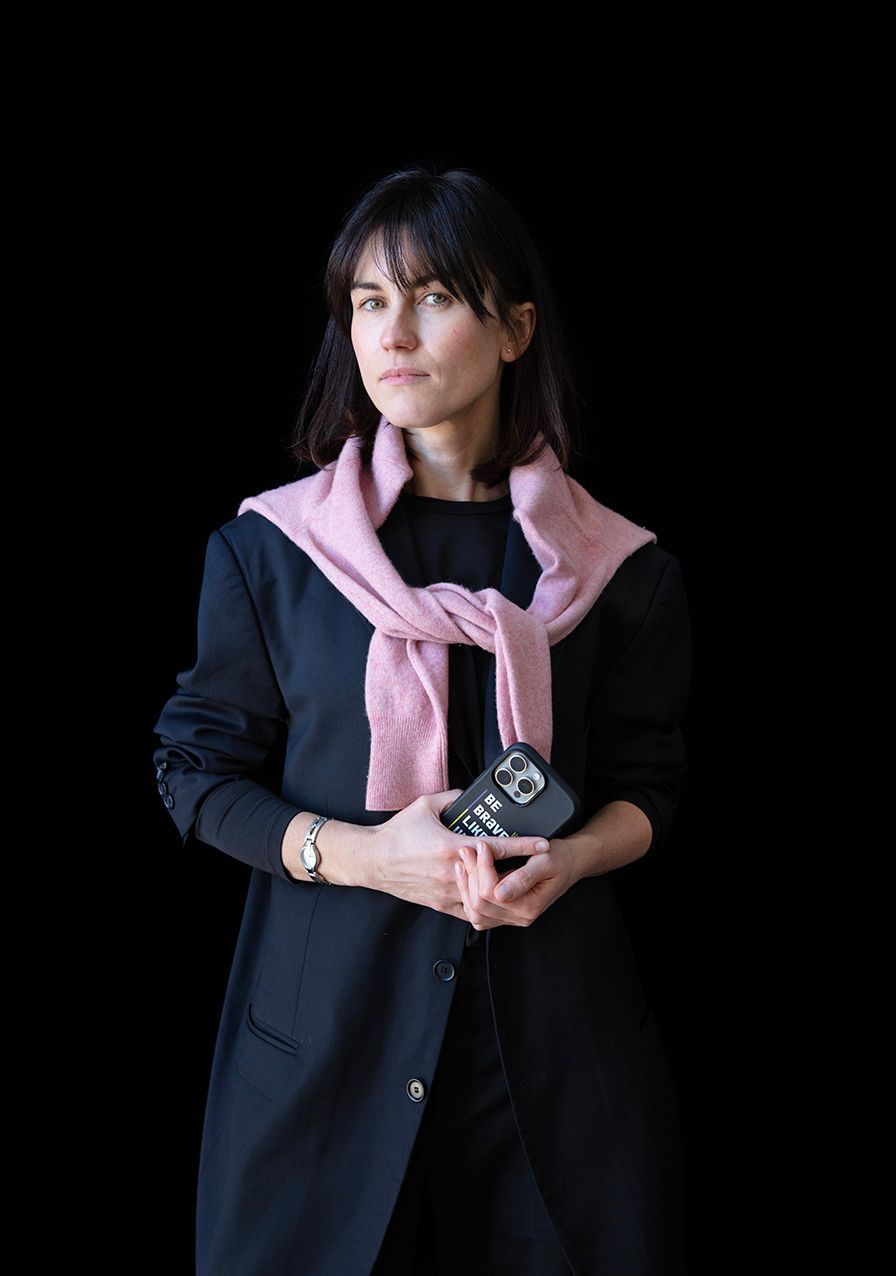
Female Voices in Art: Interview with Mariana Varchuk, Curator Khanenko National Museum of Arts, Kyiv
